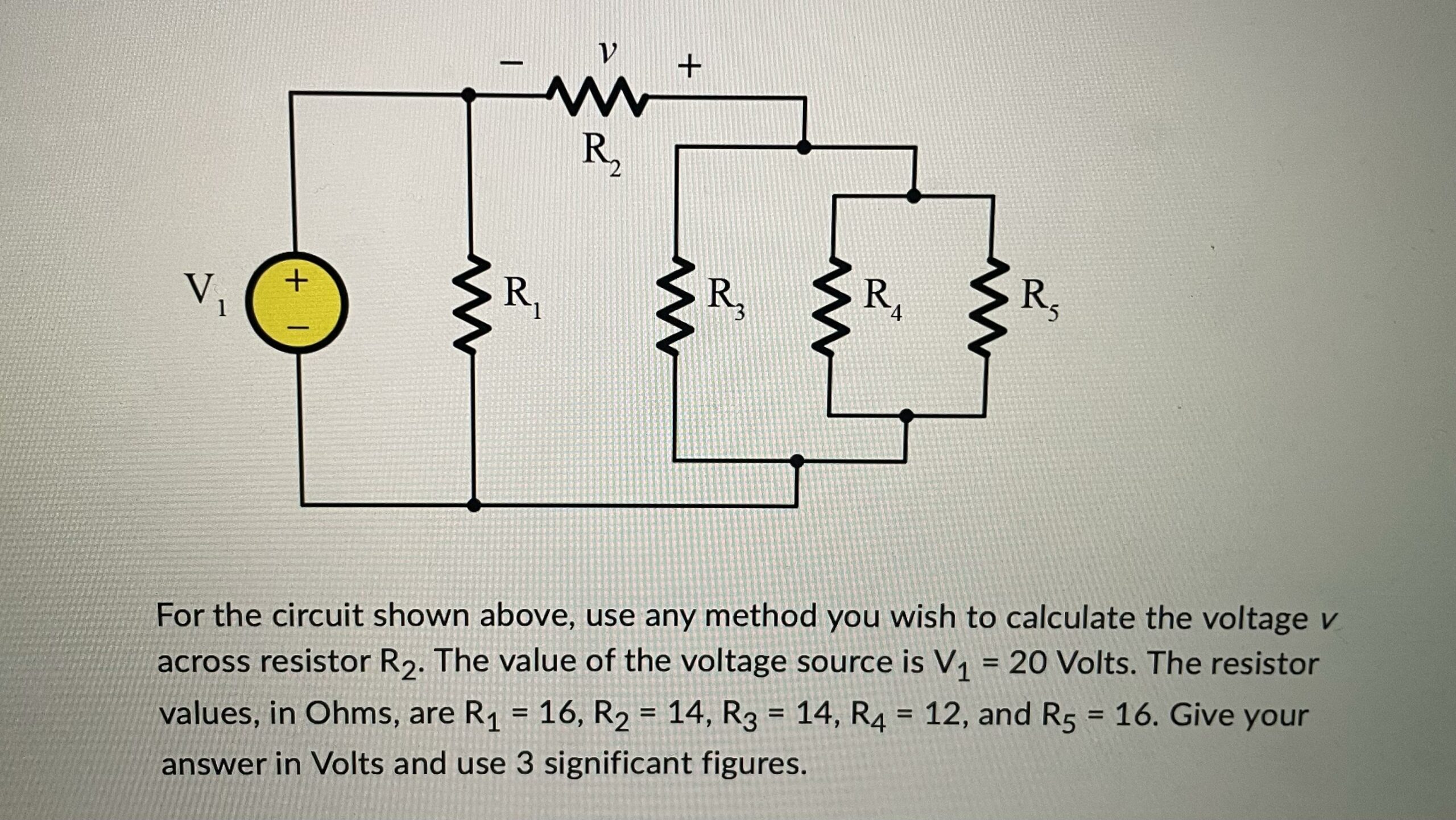

guys i genuinely don’t know if i’m stupid or what but can someone teach me step by step how to solve this i’m desperate.
View on r/IndianStockMarket by axmza
Related:


guys i genuinely don’t know if i’m stupid or what but can someone teach me step by step how to solve this i’m desperate.
View on r/IndianStockMarket by axmza

I want to buy a new phone but not sure if I should actually buy it. I can wait for a year an buy a brand new iPhone or get a second hand now. Right now I am using the Redmi Note 10S which I bought in 2021. So compared to this it will be […]
Read More
I dont have my number register with my own citizenship so had to Filled up my form online ird.gov.np ma and the issue is i am not being able to get my OTP code . so when i visited the office they said they cant do anything cause its same procedure for them as well […]
Read More
Due to the death of Subaschandra Nemwang the ilam-2 HoR seat is empty and the by elections are going to be held on Baisakh 15 next year who do you prefer? View Poll View on r/Nepal by folknepalisocialist Tags: Ilam2, wins, Politics/राजनीति, Byelections, prefer Related: 🇳🇵 Nepal – Prime Minister Prachanda Addresses United Nations General […]
Read More
In above problem R3, R4, R5 are in parallel.
We will replace these resistance by equivalent resistance.
For parallel combination equivalent resistance is given by
1/R=(1/R3) +(1/R4) +(1/R5)
1/R= 0.0714+0.0833+0.0625=0.2172
R=4.60405
So now the voltage in R2 and R is 23V
= -23 *(14/(14+4.60405))
we use -ve because the positive is marked to the -ve
= -17.308 V
I think esari ho, just double check to make sure that it is correct hai.
Find equivalent of R3, R4 and R5.
R = (R4//R5)//R3 = (12//16)//14 = 4.6027 ohm.
Since voltage across R1 is same as source voltage V1, you can simply use voltage divider to find the voltage across R2.
v = (R2/(R2+R))*V1 = (14/(14+4.6027))*20 = 15.051 volts.
Kirschoff’s voltage law ho ki k use garnu parne haina ra?
15.05V ho bhane chai I have a solution.
Potential across R1 is equal to that of V1 because they are in parallel. R3 R4 and R5 are parallel. Now apply kvl you are done
A level physics?
I hope this helps.
U=Voltage, I=Current, R=Resistance, U2345=U2+3+4+5.
U1 = U2345 = U-Total =20V (Parallel Connection)
U2 + U345 = U-Total = 20V (Series Connection)
I2 = I345 = I2345 (Series Connection)
​
1/R345 = 1/R3 + 1/R4 + 1/R5 = 1,037 Ohm
R2345 = R2 + R345 = 15,037 Ohm
I2345 = U2345/R2345 = 1,33 Ampere
U2 = R2xI2 = 18,62 Volt (I2 = I2345 = Series Connection)
I’ll give you hints but won’t solve the whole thing.
R3, R4 and R5 are in parallel, so their combined resistance (Rn) can be derived from:
1/Rn = 1/R3 + 1/R4 + 1/R5
R2 and Rn are in series, so the combined resistance (Rb) of that branch can be derived from:
Rb = R2 + Rn
The branch 1 consisting R1 and the branch 2 consisting Rb are in parallel, so the voltage across both the branch is same as the input voltage V1. You will get the current across branch 2 through,
V1 = I2 x Rb
The current passing through a branch of resistors in series is the equal for all resistors in the series, so you’ll get the voltage across R2 through
V2 = I2 x R2
If you want to cross check, the answer should be around 15.05 V.
Sajilo hunxa tyo tw. R4, R5, R3 parallel. Resultant in series with R2. Tespaxi R1 sanga parallel hunxa new resultant. Current divider le flow huney current thaha vaihalxa, current rw resistance thaha vayesi voltage drop ni dekhinxa.